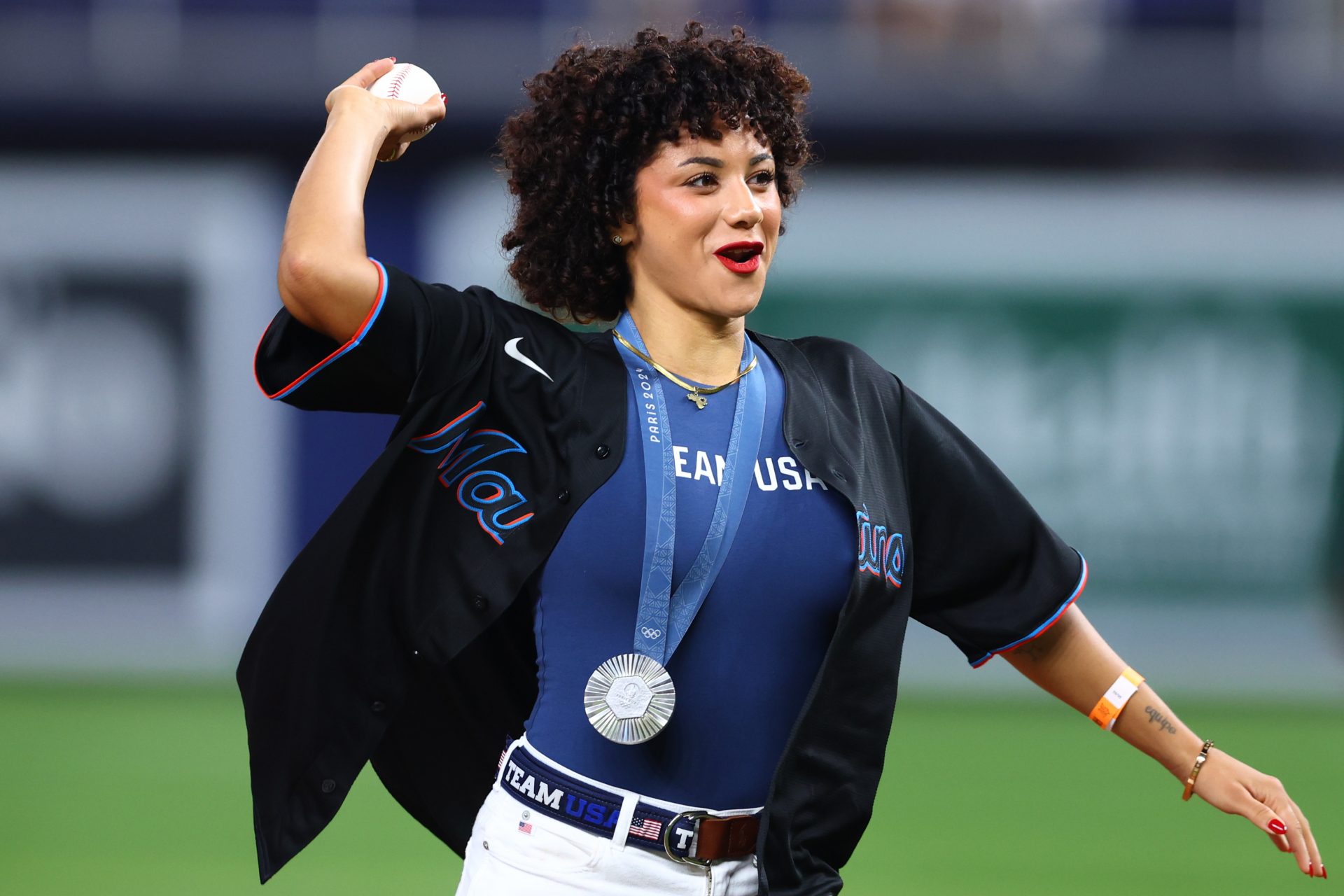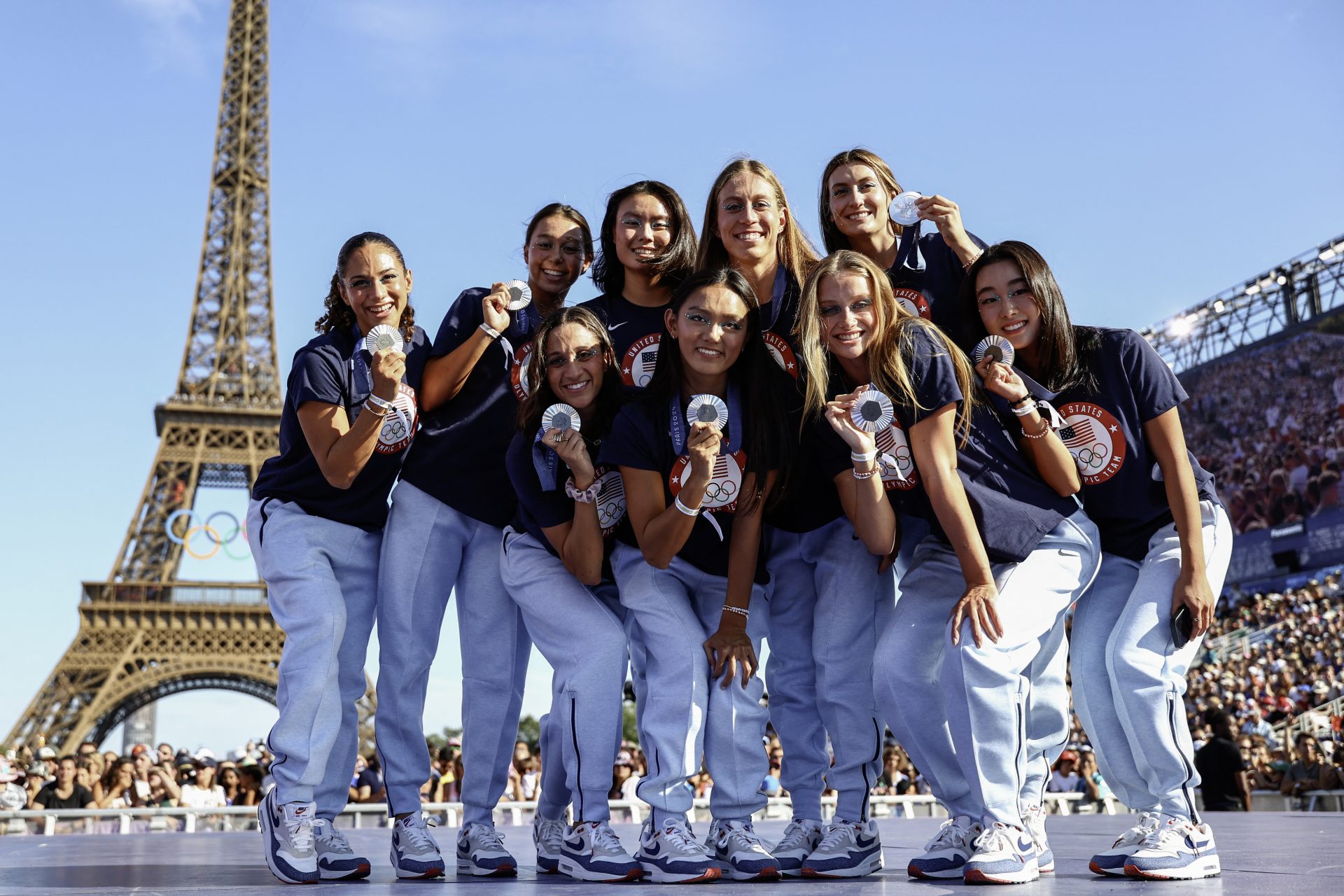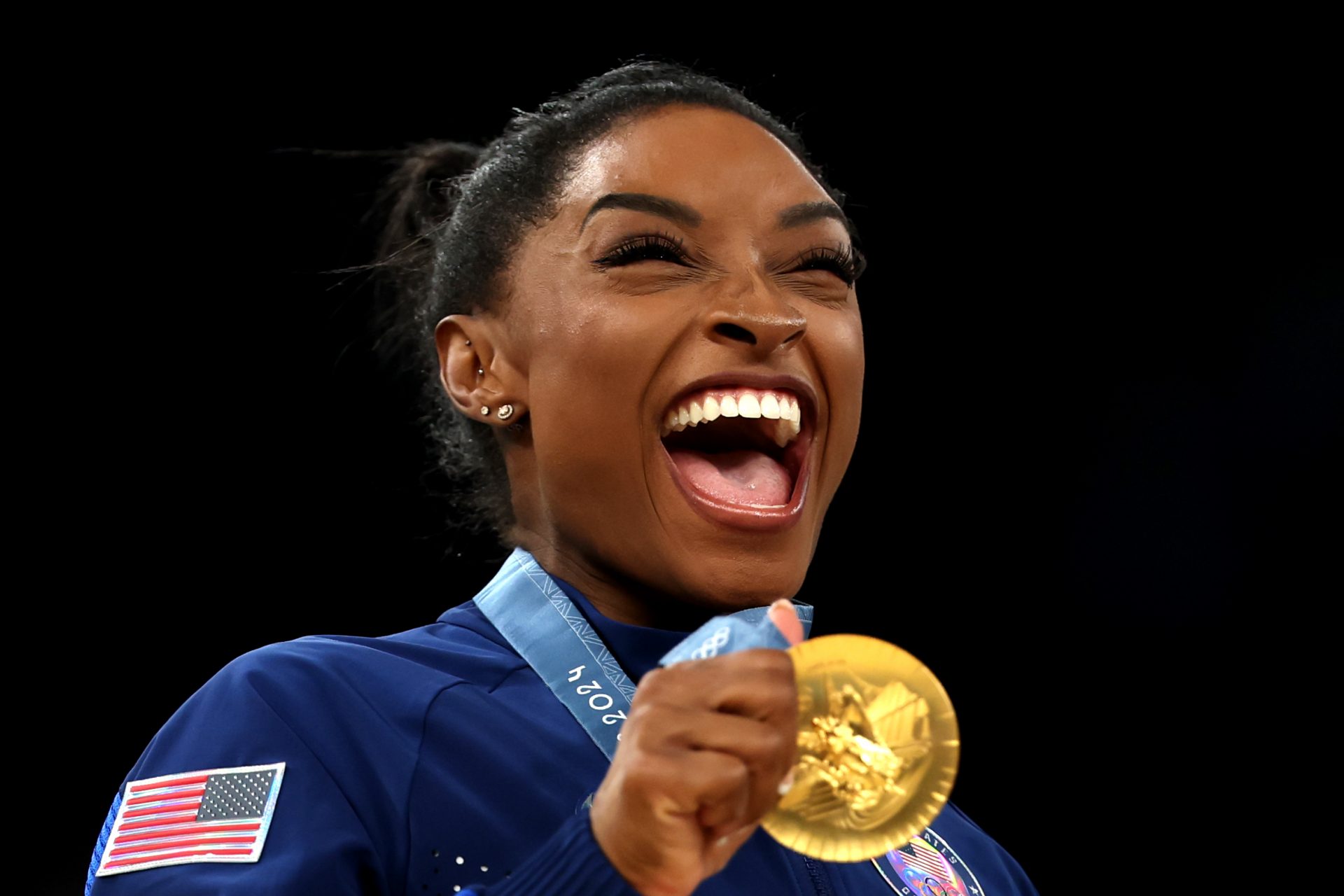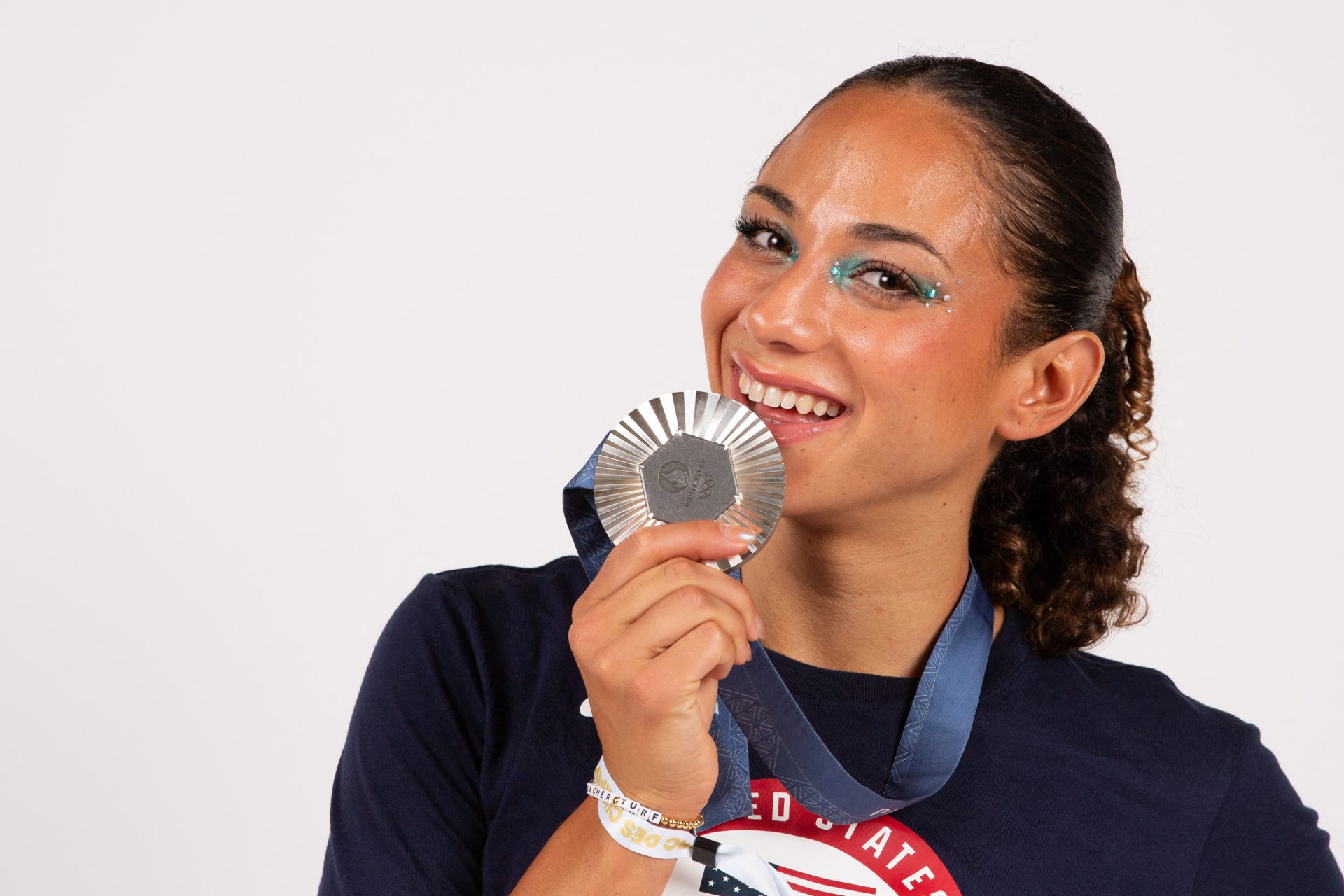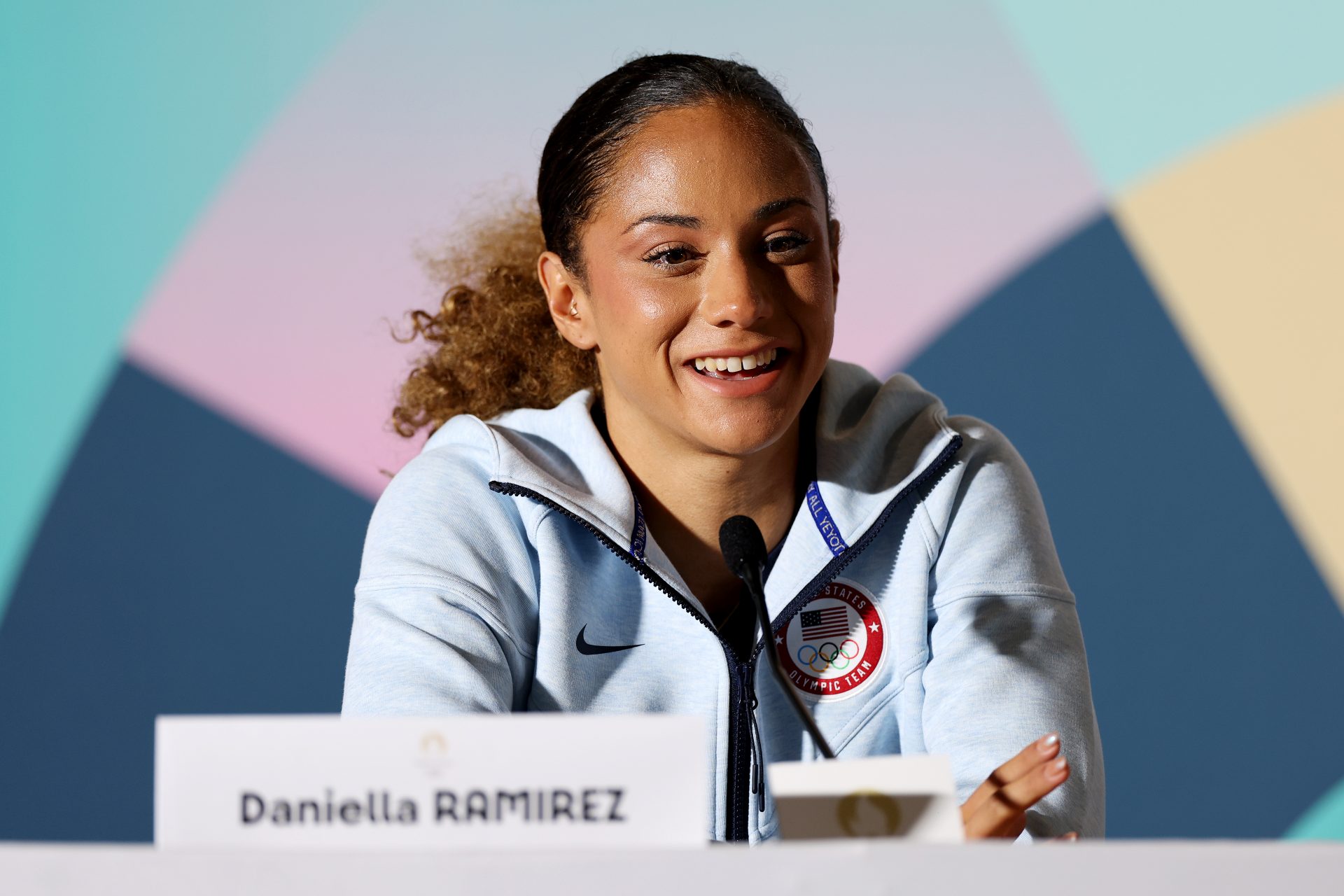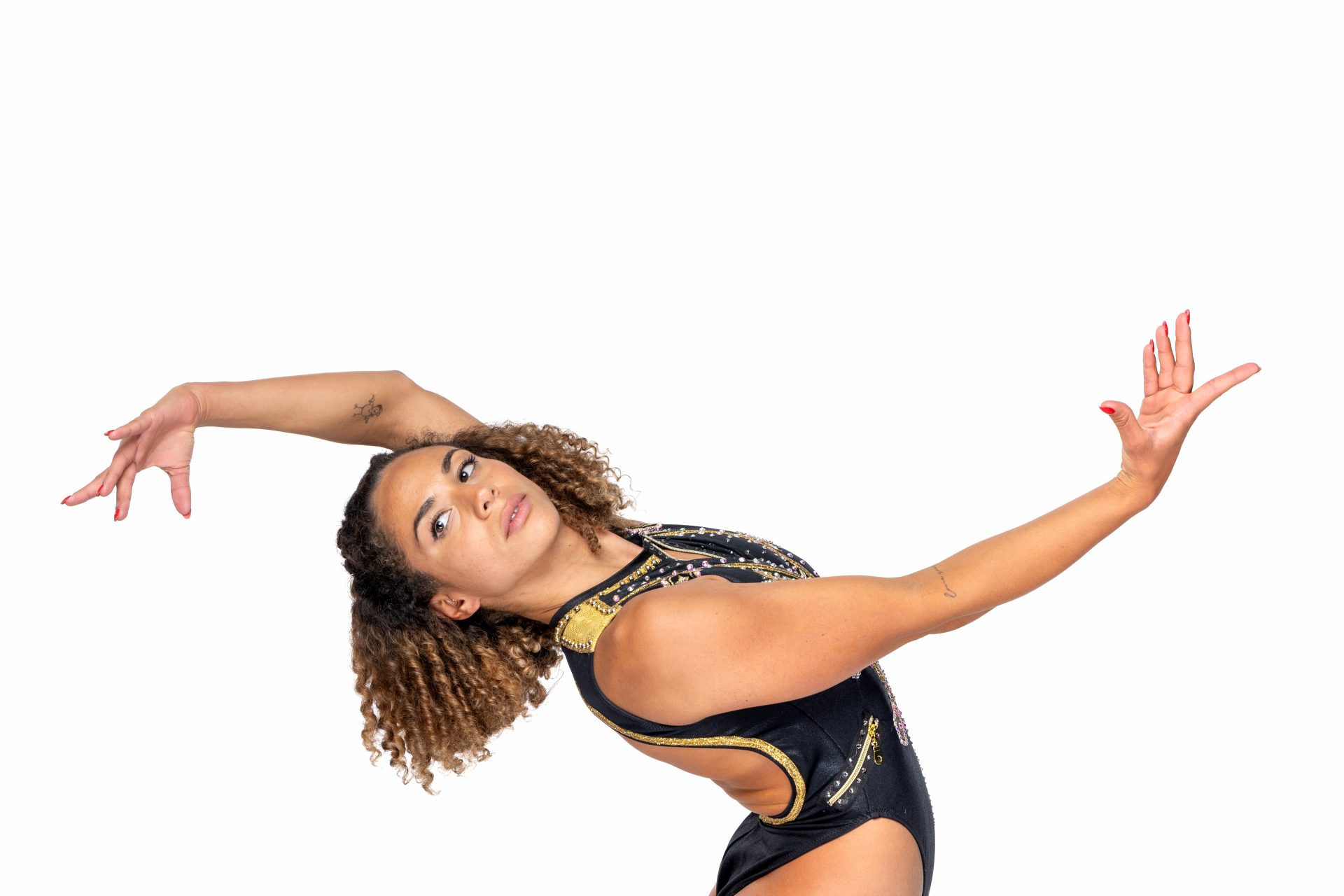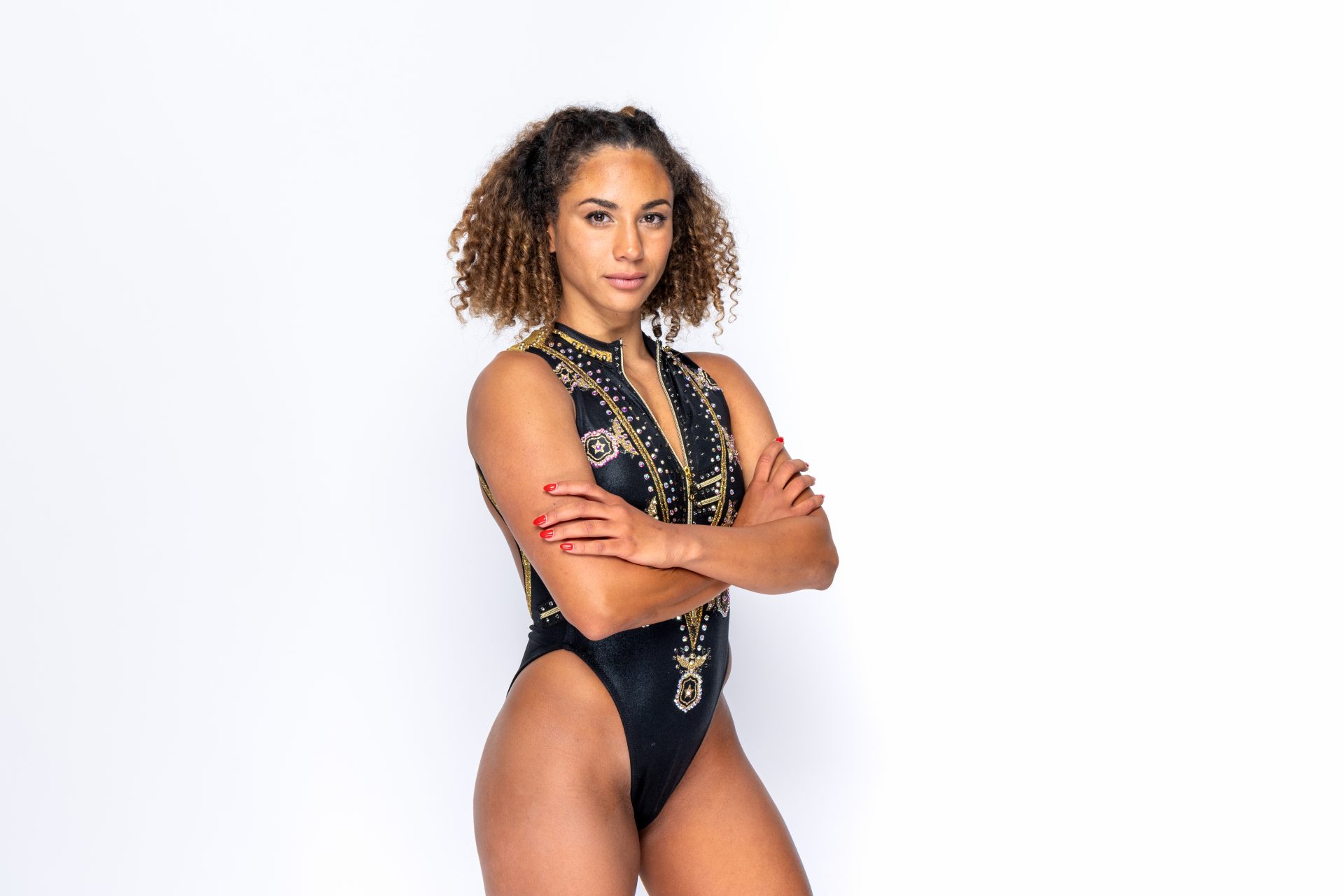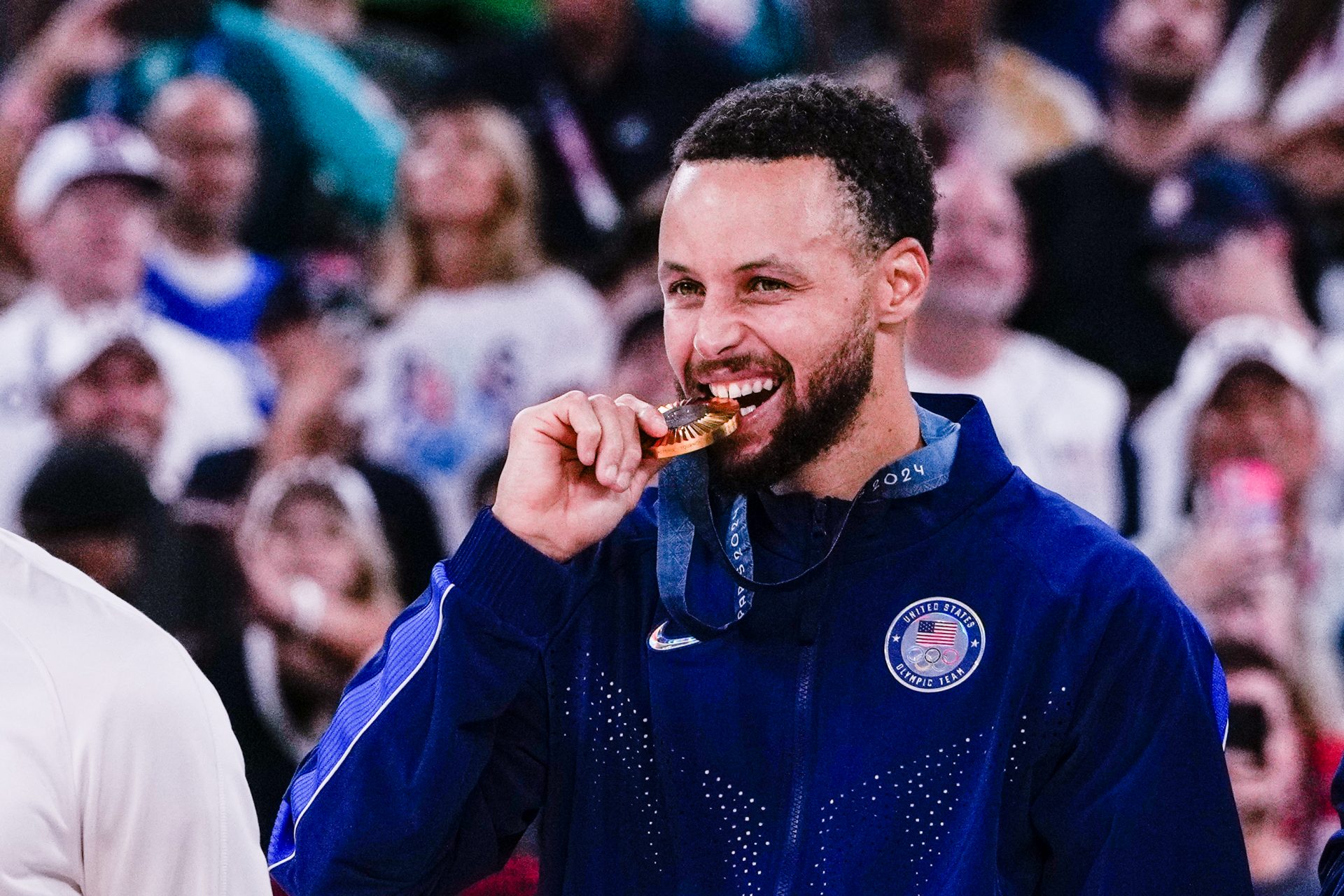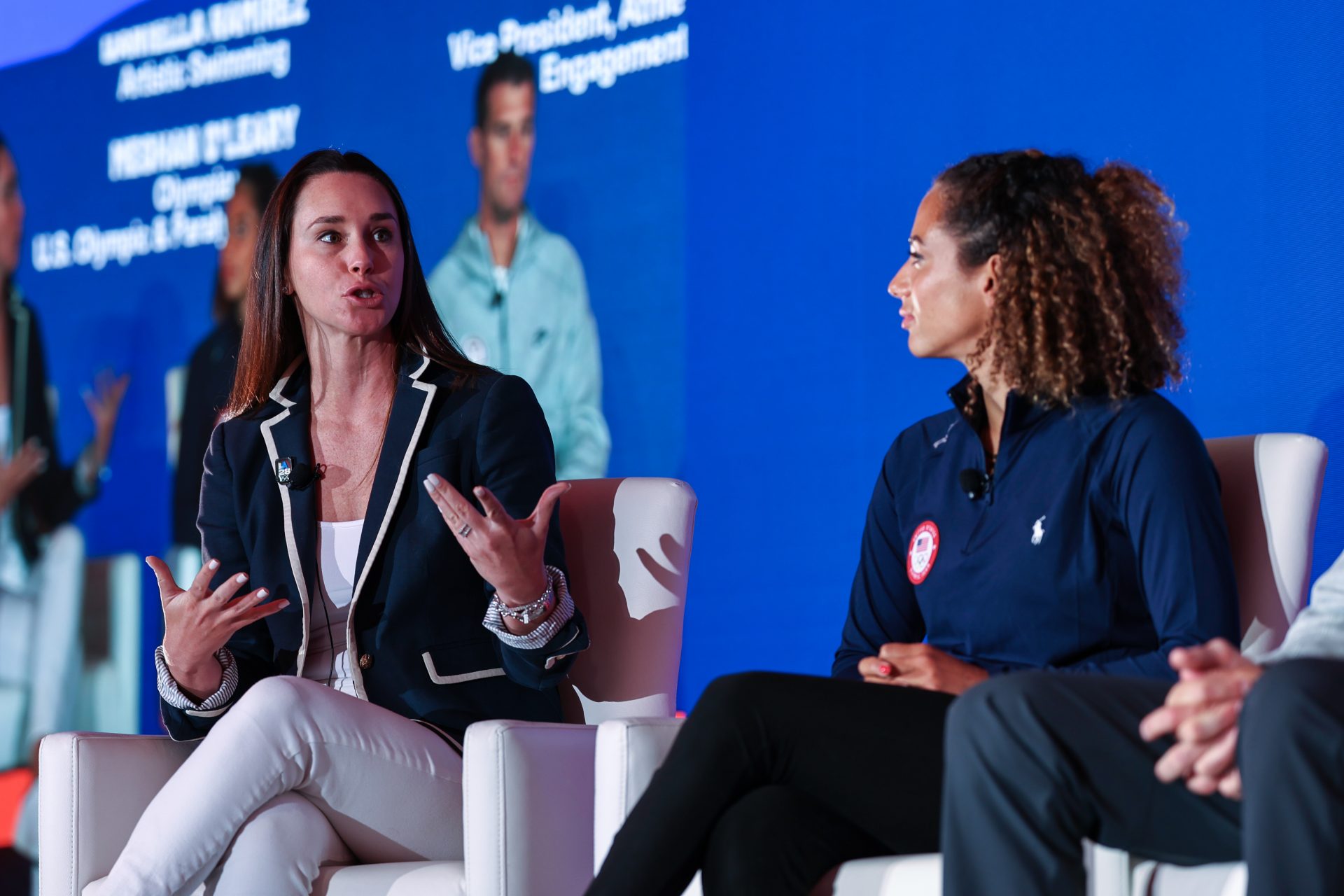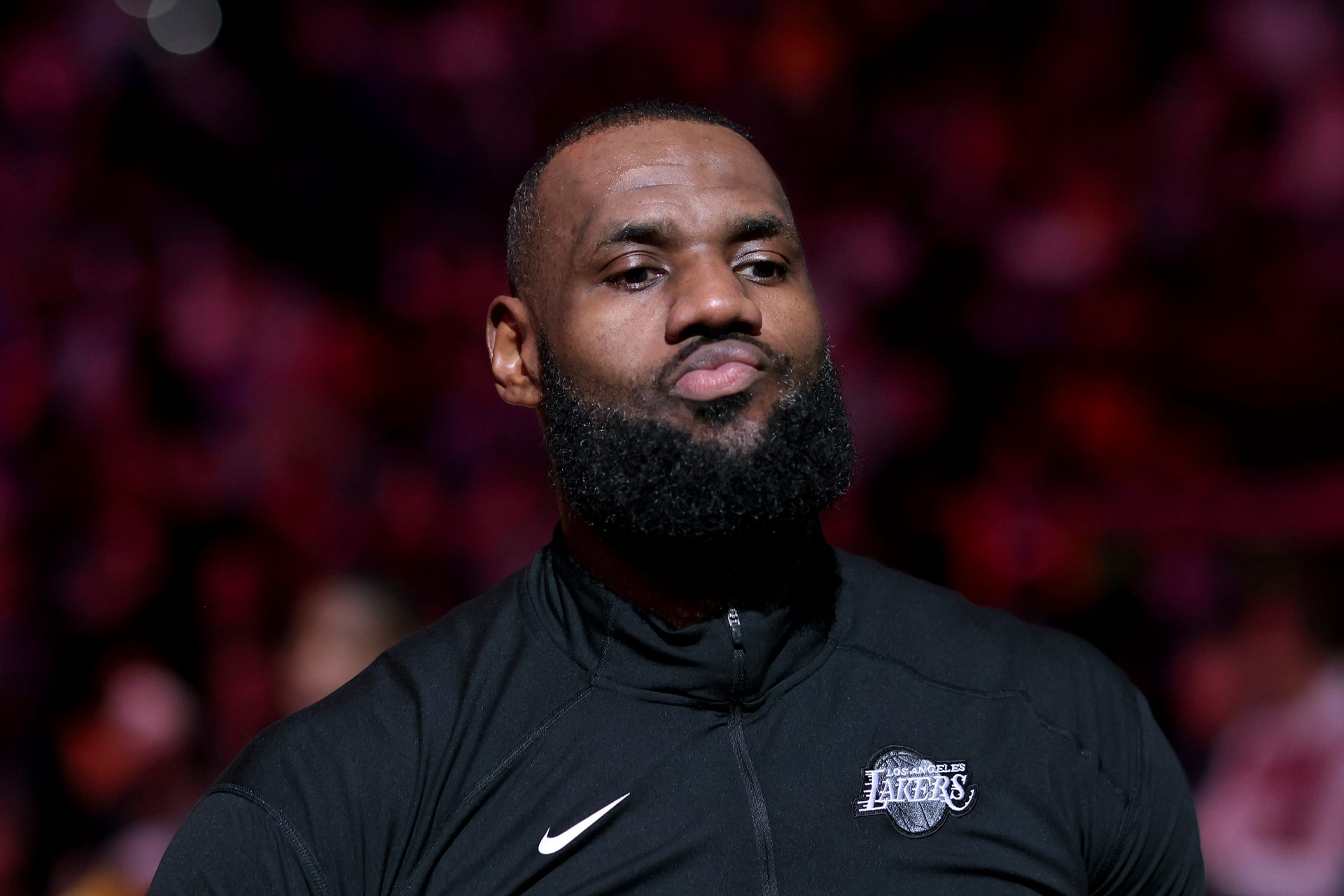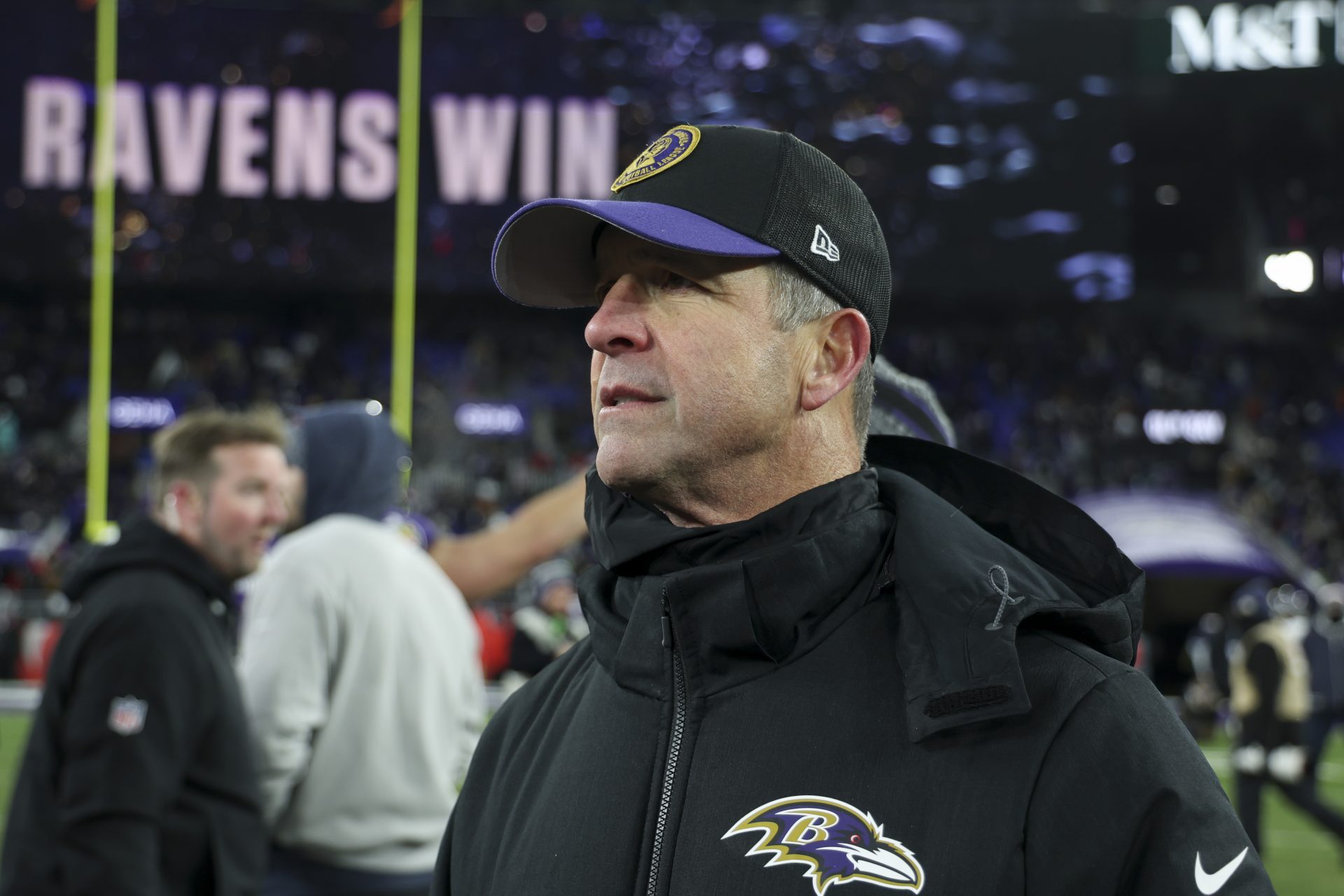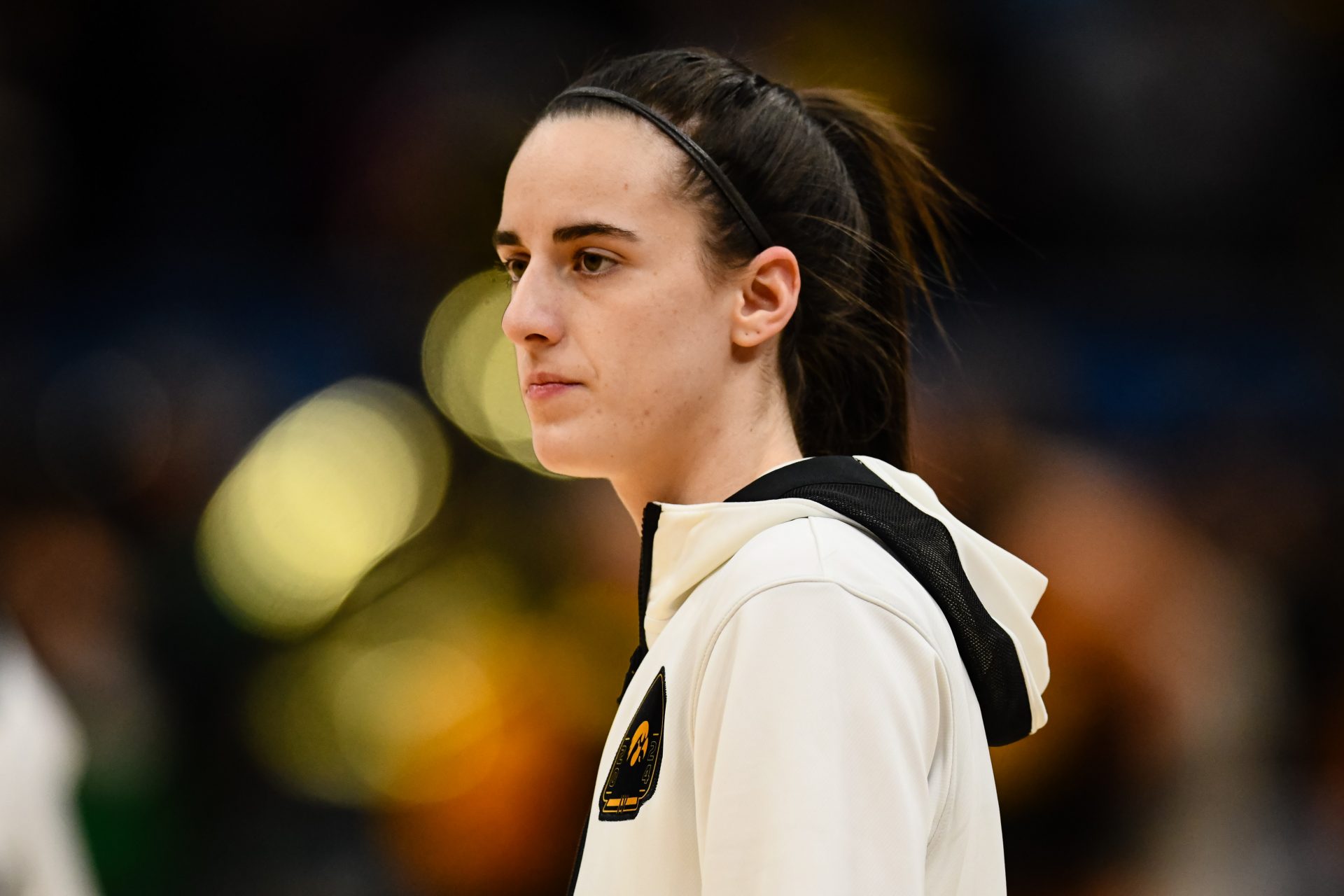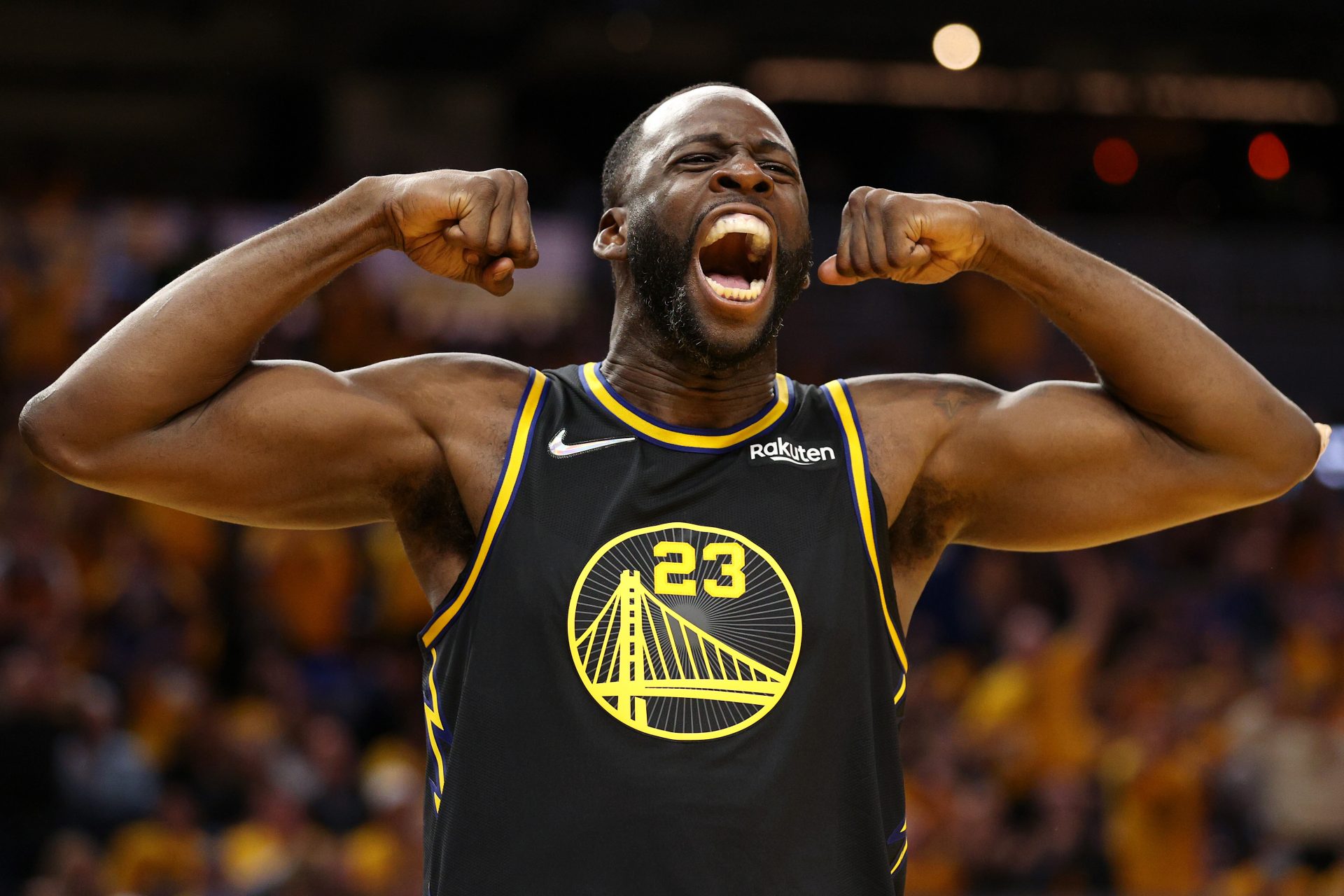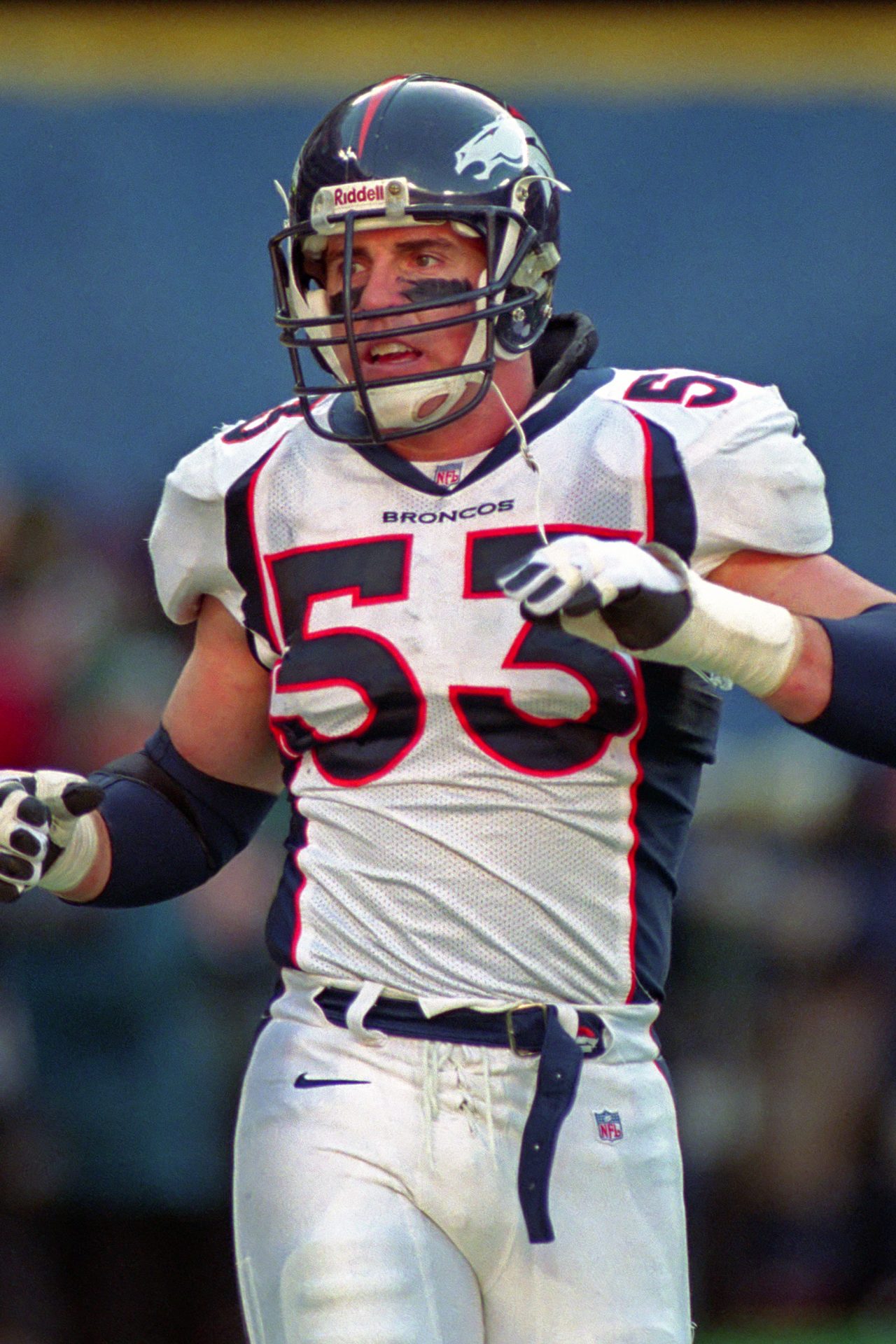'It's really grueling': US Olympic medallist sounds the alarm bell
Daniella Ramirez had a successful Olympics in Paris, winning a silver medal with the US synchronized swimming team.
It was the team's first medal in the event since the 2004 Games in Athens, having failed to qualify since 2008. A lack of success means a lack of funding, and Ramirez has to find other ways to keep her Olympic dream alive.
It's easy to get swept into the headlines of Olympic medallists making huge sums of money like Philippines gymnast Carlos Yulo being set for life and Simone Biles making millions from sponsorship deals.
Want to see more like this? Follow us here for daily sports news, profiles and analysis!
However, not every Olympian's journey is paved in gold and shiny objects. Ramirez revealed to the BBC how she gets by to pay her rent and how she continues training eight hours a day.
"I get just enough to cover my rent a month. It's not enough to be a career, and this is a full-time job." The 22-year-old revealed she trains from 6:30 am until 2:30 pm at UCLA, leaving minimum time for a full-time job.
The US Olympian has turned to social media as a means to pay her bills whilst training, building a brand of more than 600,000 people across Instagram (61.5k) and TikTok (547.5k).
Picture - Instagram @Daniellaaramirezzz
According to Fortune, Ramirez said: "My primary job right now—the thing that makes the most money—is definitely TikTok, Instagram, and all my social media handles."
Her 'ASMR' videos on how to take her artistic swimming hair out have nearly 350 million views between three videos, helping her land paid sponsorships from companies like L'Oréal Paris.
Picture - TikTok @Daniellaaramirezzz
Want to see more like this? Follow us here for daily sports news, profiles and analysis!
"What social media means, [is] that you can do things on your own time, on your own schedule, make ends meet, and get to do your sport full-time."
A 2020 Survey of 500 Olympic level Athletes across 48 countries found that 58% didn't consider themselves 'financially stable,' claiming they have to live off casual work instead of their sport.
The International Olympic Committee (IOC) doesn't provide prize money for any Olympic athletes who win a medal. Instead, it's up to individual nations. The US pays $37,500 (£28,400, €33,723) for gold, $22,500 (£17038, €20234) for silver, and $15,000 (£11,360, €13,489) for bronze.
The World Aquatics Championship medallist said: "It is not every four years, it's every single day. It's missing Christmas, it's not going home, it's missing your family. It's worth it, but it's really grueling."
Want to see more like this? Follow us here for daily sports news, profiles and analysis!
More for you
Top Stories



